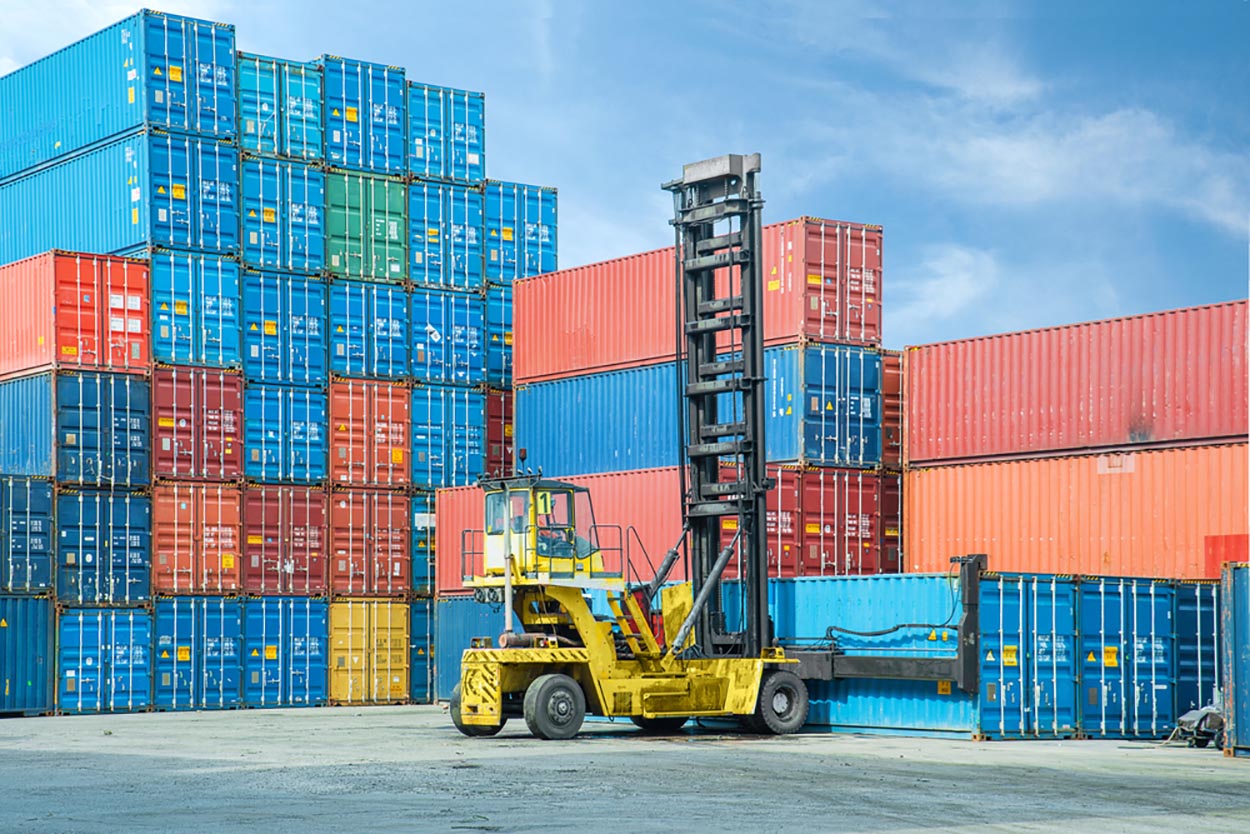Cargo Expedition: Pioneering Global Connectivity and Commerce
Cargo Expedition: Pioneering Global Connectivity and Commerce
Blog Article
Cargo transport is an essential component of the global logistics and supply chain industries. It is the process of transporting goods across vast distances, typically via sea, air or even land. This ensures that goods arrive at their destination safely and efficiently. In the wake of rapid growth in online commerce and trade globally, the demand for efficient shipping services has increased. From raw materials to finished merchandise, cargo plays an integral role in advancing the global economy and connecting companies and consumers across all over the world. The growth of cargo operations and the advancement of technology and strategic infrastructure, has drastically altered the way the goods move around and has enabled it to meet the ever-growing demands of the international market.
One of the main components that make a cargo voyage successful is the variety of transport options available to meet specific shipping requirements. Air freight, known for its efficiency and dependability is frequently used to transport valuable or sensitive goods like pharmaceuticals, electronics as well as fashion items. Ocean shipping on the other hand, dominates the transport of bulk items, with cost-effective options for products like oil, grain, and even machinery. Transport on land, which includes trains and trucks, plays a crucial role in the delivery of last-mile goods and connectivity to the regional region. Through integrating these modes in multimodal transportation infrastructures cargo transport, cargo trips maximize efficiency as well as reduce the time it takes to transit, to ensure that the goods get there within the timeframes set by.
The complexity of cargo operations requires effective coordination between various stakeholders, including shipping companies Customs authorities, shipping companies, as well as logistical service providers. One of the biggest difficulties in shipping cargo is coordinating customs clearance as well as international regulations. Different countries have varying import/export limitations, tariffs, and the need for paperwork, which could create delays or raise costs. In order to deal with the complexities of these, logistics companies need to know the intricacies of the local laws, tariffs, and compliance requirements. This is why many businesses depend on professional freight forwarders and customs brokers to manage the legal aspects of transporting cargo. Their expertise guarantees that products can be handled smoothly through customs checks and are the goods are delivered in time.
Sustainability is now an important aspect of the Cargo Expedition market, since environmental pressures and regulatory requirements force companies to implement greener strategies. A shift to energy-efficient transport options, including high-efficiency electric trucks as well as low-emission vessels is a sign of a desire to reduce carbon emissions of logistics operations. Solutions for sustainable packaging and waste reduction strategies, and environmentally-friendly warehouses are getting attention from industry experts. International organizations and governments are taking part to promote sustainable practices by providing the grant system, tax incentives and tougher emission standards. In focusing on sustainability shipping, cargo voyages are aligning with global efforts to stop global warming while meeting the expectations of environmentally conscious consumers. To generate additional details kindly go to Muat
Sustainability is a significant consideration in transporting cargo, since the logistics industry faces increasing pressure to lessen its impact on the environment. Transportation, particularly in the air and maritime sectors is a major contributor to global carbon emissions. Responding to this issue several companies are implementing environmentally friendly practices like using green fuel, optimizing routes in order to reduce fuel consumption, and investing in energy-efficient technologies. Additionally, some companies are considering alternative modes of cargo transportation, such as electric or solar-powered vessels to lower the carbon footprint of their operations. The increased emphasis placed on the environment in cargo trips reflect a global tendency towards green and the necessity to combat the issue of climate change.
The increasing demand for cargo transport services is closely tied to the growing popularity of online commerce, which has dramatically changed how products are bought and sold. Online shopping has created an international marketplace in which goods are offered to consumers all over the world, requiring speedier and more secure shipping systems. Online retailers, especially giants such as Amazon and Alibaba, have revolutionized logistics by making use of advanced technology within their supply chains. This enables they to deliver goods in rapid times. They have raised the bar for other firms, and forced companies to invest in effective methods of cargo transport to stay efficient. While e-commerce grows, the need for streamlined and efficient services for cargo will be more essential more than ever before, creating new global logistics systems and driving innovation in this sector.